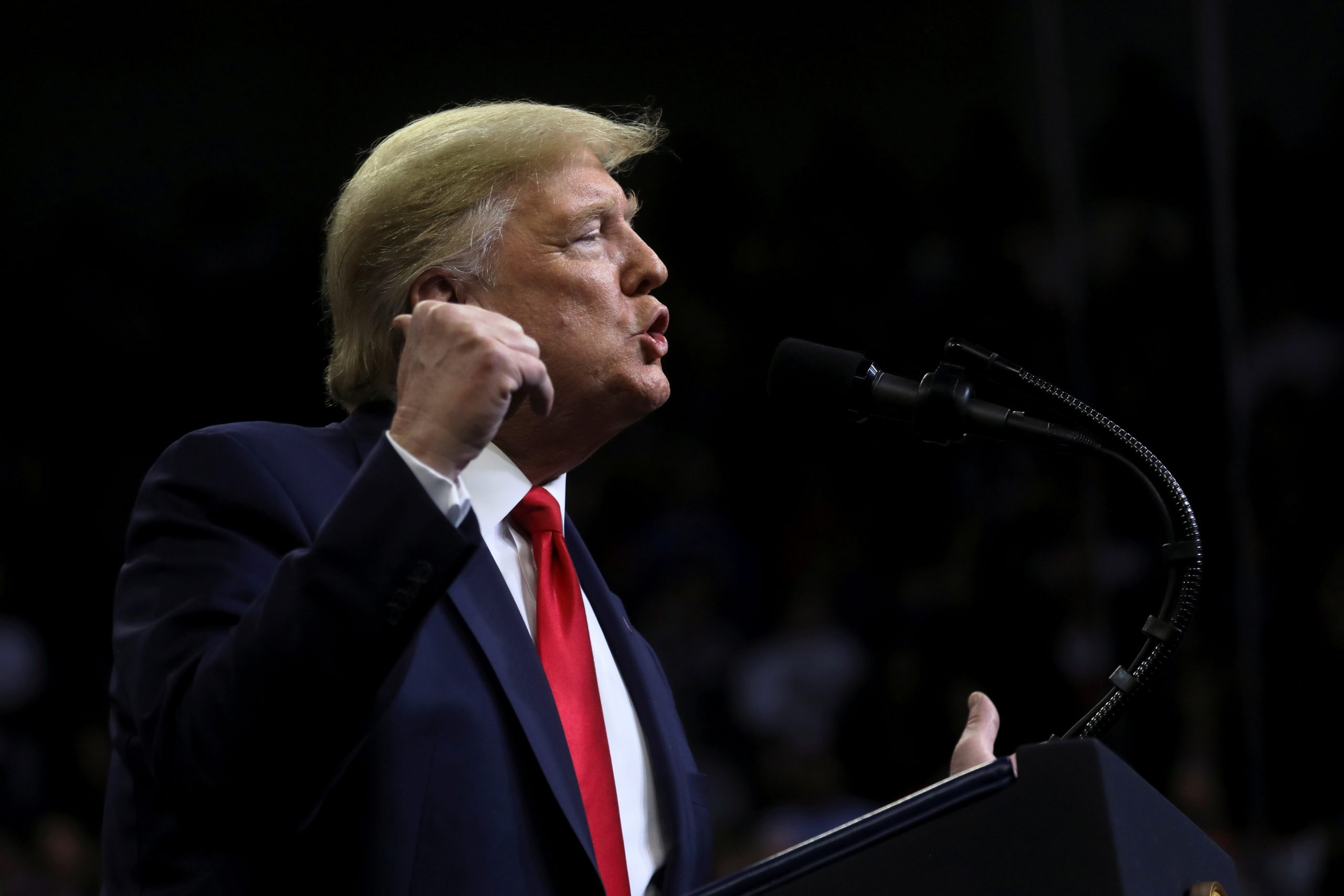Four months after Democrats in the U.S. House of Representatives launched a formal impeachment inquiry into President Donald Trump’s dealings with Ukraine, the Senate is poised on Wednesday to acquit him on charges of abuse of power and obstruction of Congress.
Trump, a Republican and only the third president in U.S. history to be impeached by the House and tried by the Senate, faces a 4 p.m. (2100 GMT) vote that will determine whether he can complete his term as president or must immediately turn over his office to Vice President Mike Pence.
While the vote will be historic, there is little doubt of the outcome as none of the Senate’s 53 Republicans have said they will vote to convict him.
It would take 67 of the 100 senators to oust the 45th president from office – an action that has never been taken by the Senate.
In 1999, Democratic President Bill Clinton was acquitted on charges of lying under oath and obstruction of justice stemming from a sexual relationship with a White House intern.
In 1868, President Andrew Johnson was found not guilty of 11 charges, which partially revolved around a post-Civil War tussle over his removal of the secretary of war.
Richard Nixon, the only president to resign, did so in 1974 when many of his fellow Republicans abandoned him during a House impeachment probe related to a break-in at Democratic Party offices in Washington.
If Trump is acquitted, Republicans and Democrats will take their respective cases to voters as Trump seeks re-election on Nov. 3.
Trump’s Senate trial, spanning 21 days, focused on whether he withheld U.S. aid to Ukraine last summer as leverage to get Kiev to launch an investigation of former Vice President Joe Biden, a Democratic contender in this year’s U.S. presidential election.
Trump denied any wrongdoing and Republicans in the House and Senate largely rallied around him. But over the past few days, some Republican senators have criticized Trump’s behavior, while defending his right to remain in office.
Senate Majority Leader Mitch McConnell, a Republican, has waged a full-throated defense of the 73-year-old president. In a speech on the Senate floor on Tuesday, McConnell urged the Senate to “vote to keep factional fever from boiling over and scorching our republic.”
In response, Senate Democratic leader Chuck Schumer argued that it was “the beginning of the end of democracy” if Americans believe their elections are being manipulated through foreign interference, such as that solicited by Trump.
A Reuters/Ipsos poll conducted on Jan. 27 and 28 showed 39% of American adults approved of Trump’s performance in office, while 55% disapproved. That is slightly down from when the House launched its impeachment inquiry in September, when his approval stood at 43% and his disapproval at 53%.
(Reporting by Susan Cornwell and David Morgan; Writing by Richard Cowan; Editing by Andy Sullivan and Peter Cooney)

























 Continue with Google
Continue with Google